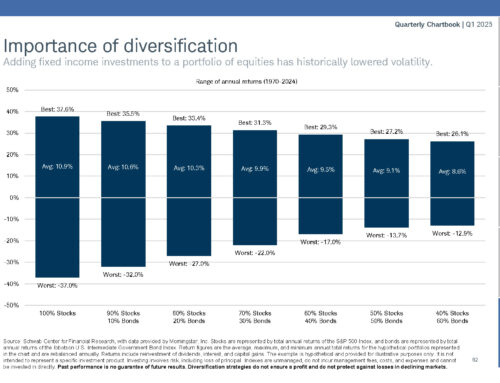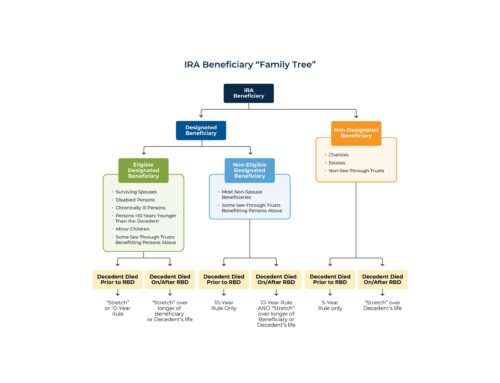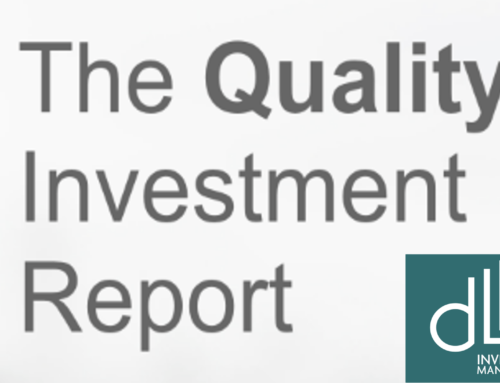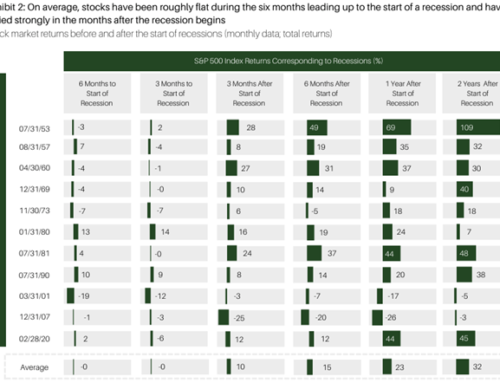Do Conflicts of Interest Exist in Financial Services?
The short answer is yes, but we had to outline the exact conflicts recently and thought we would share some of the history that makes them so prevalent even today.
Conflicts of interest often occur when a business unit is added to an existing business that is searching for more profits.
This is precisely the origin story for the private client divisions at well-known banks and brokerages and can sometimes feel like navigating a masquerade ball.
The banks and brokerages were built to serve the lending and financing needs of commercial entities, and only in the last 40 years, as pensions gave way to 401k’s, did it make sense to have a retail offering. These businesses, at their core, like to provide products to their customers with advice on the side.
In stark contrast is the origin story of DLK, which was created to provide advice for families and foundations backed by an institutional-grade investment management process.
Here are three conflicts of interest that currently exist between the DLK Model of being a Registered Investment Advisor and the Registered Representative who works at a bank or brokerage.
1. Suitability vs. Fiduciary Duty: There is a fundamental difference in standards between broker-dealers, which operate under a suitability standard, and fiduciary advisors like DLK, who are required to act in the best interests of their clients. When it comes to your life savings, why would you partner with an entity that holds itself to a lower standard?
2. Affiliated Entities: Many of our competitors have affiliated insurance companies or banks, which can create conflicts of interest when advisors promote products from these affiliates instead of seeking the best options for their clients. Similar to the suitability standard, any time your advisor offers another branded product, you should double-check what other options are available.
3. Compensation Structure: If your advisor earns commissions from selling products, this introduces an inherent conflict of interest. DLK, on the other hand, operates with a fee structure that reduces these conflicts, we are not incentivized to sell specific products for a commission.
We hope you agree that getting conflict-free financial advice shouldn’t be like navigating a masquerade ball.






